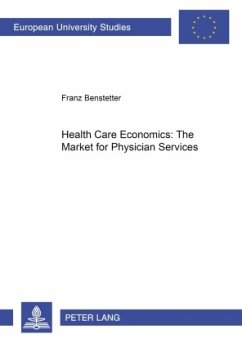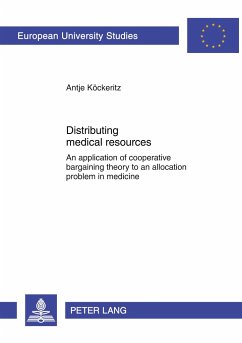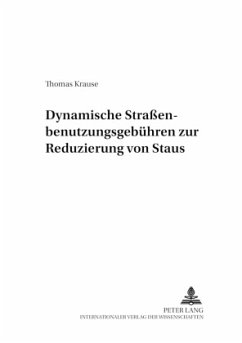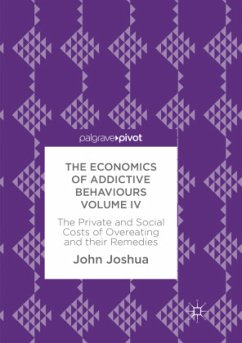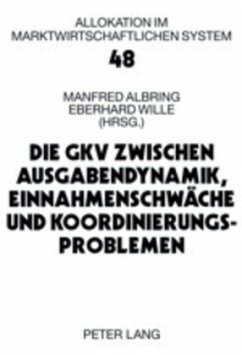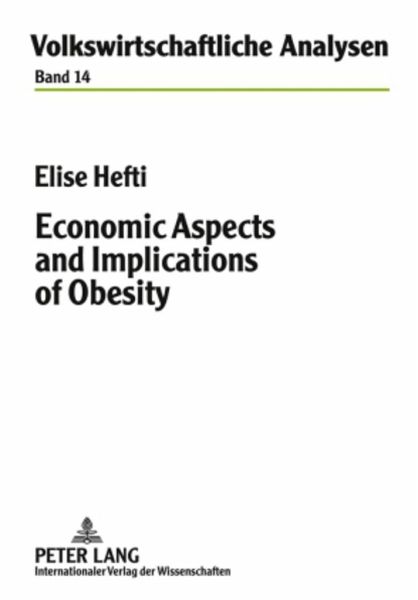
Economic Aspects and Implications of Obesity
Versandkostenfrei!
Versandfertig in 6-10 Tagen
94,35 €
inkl. MwSt.

PAYBACK Punkte
0 °P sammeln!
This book is concerned with the economic consequences of the rising obesity prevalence in affluent societies. A microeconomic model describing food consumption from the perspective of the individual consumer is developed. To maximise utility over lifetime, the marginal costs of food consumption must be adapted to the level of prices and to variations in the metabolic rate. This result holds independently of the weight status category and of the level of health-consciousness. Furthermore, extensions relevant to food overconsumption are introduced: The influence of diet composition and the rate ...
This book is concerned with the economic consequences of the rising obesity prevalence in affluent societies. A microeconomic model describing food consumption from the perspective of the individual consumer is developed. To maximise utility over lifetime, the marginal costs of food consumption must be adapted to the level of prices and to variations in the metabolic rate. This result holds independently of the weight status category and of the level of health-consciousness. Furthermore, extensions relevant to food overconsumption are introduced: The influence of diet composition and the rate of time preference, as well as the incorporation of addictive aspects and dynamic inconsistency. The theoretical framework is substantiated with an empirical analysis, and the implications for health insurance schemes - namely the differentiation of premiums by risk - are discussed.





